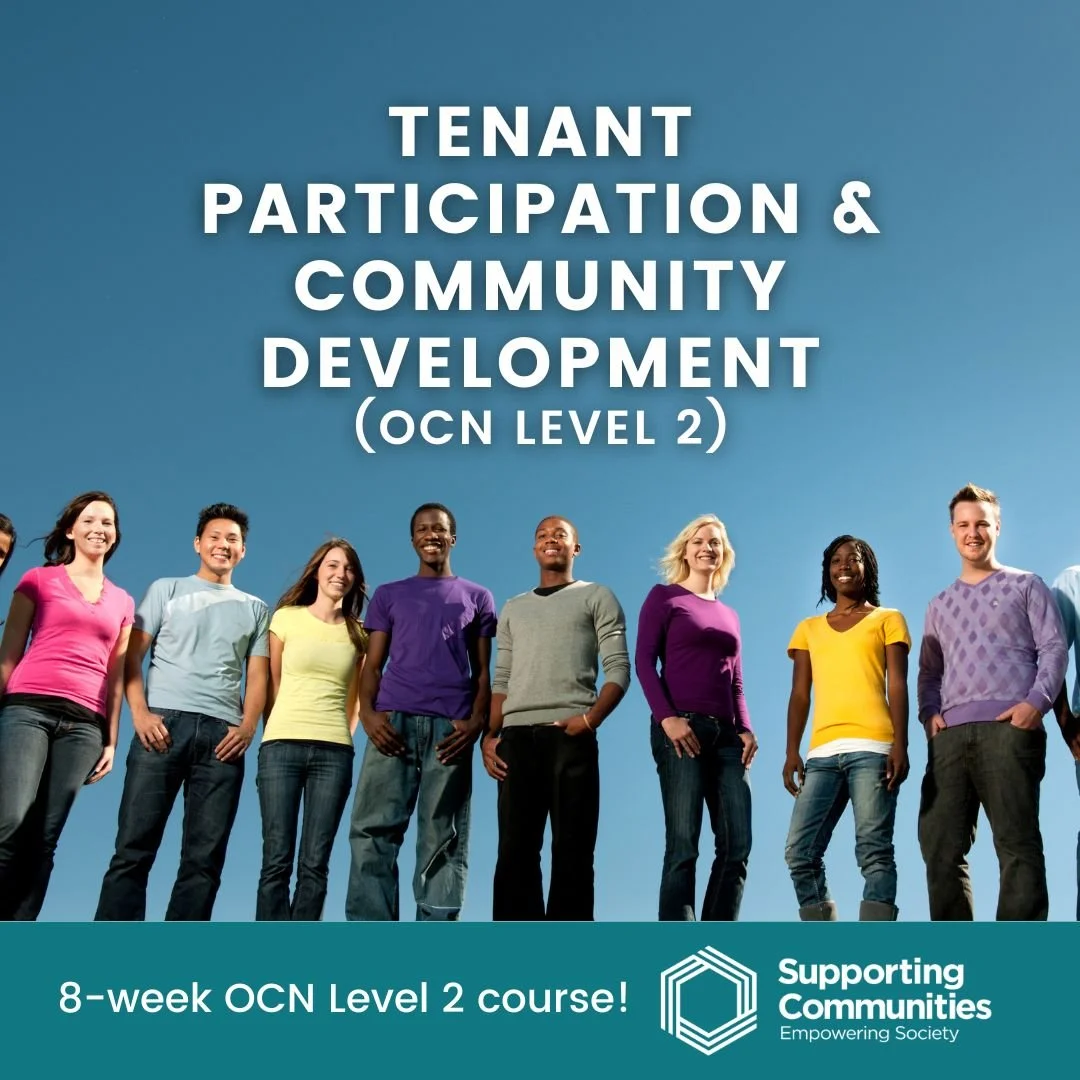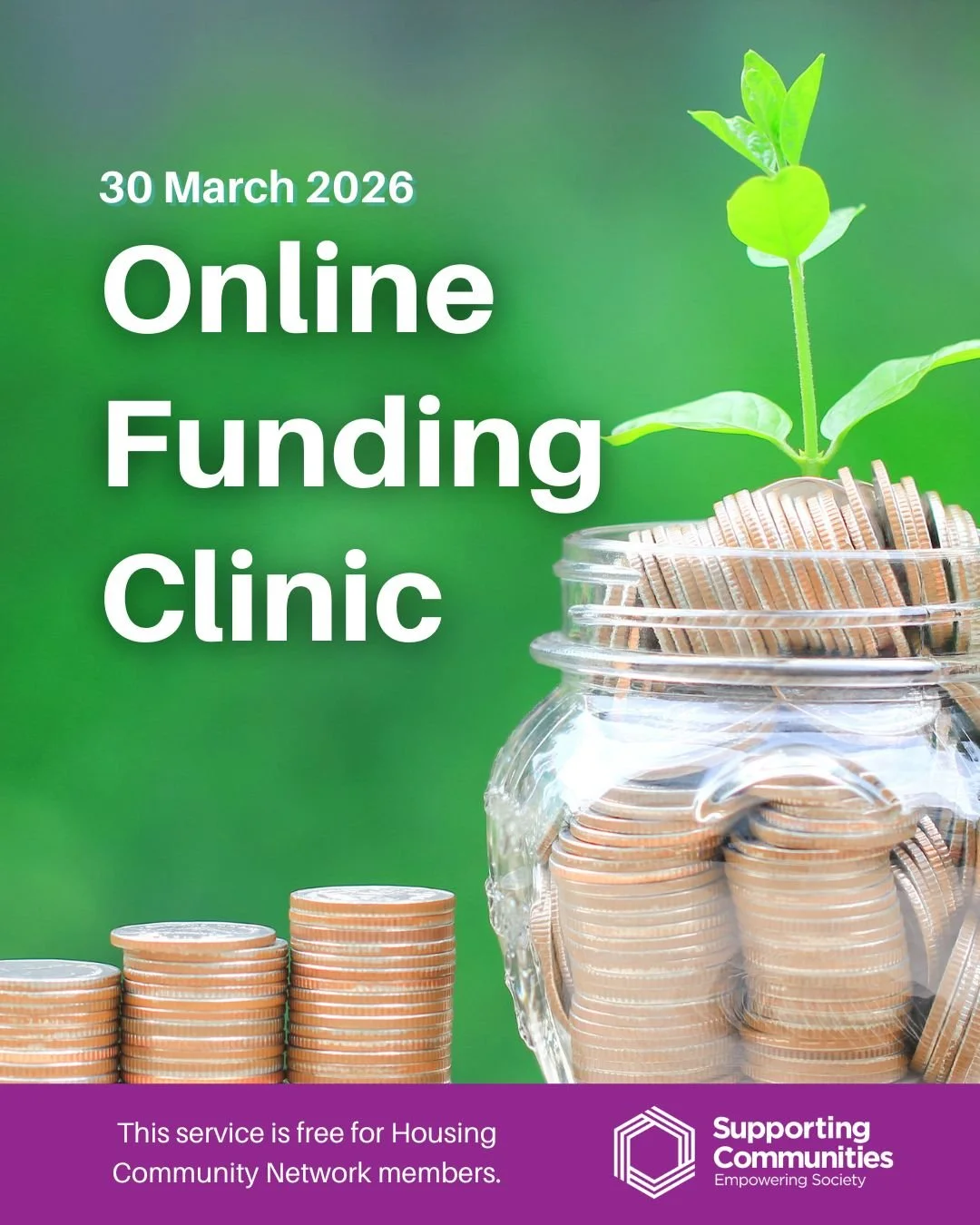How to Apply for Funding
This ‘How to’ gives you useful pointers in completing a funding application as well as some guidance as to how to approach various funders, including local councils, statutory sources and grant-making trusts.
1. Completing a Funding Application
What are grants?
A grant is a great way to get a project off the ground and is possibly the best source of funding available. There is no interest to be paid, and funds are generally nonreturnable (except in exceptional circumstances where grant terms and conditions are not met). Grants can be difficult to get as it can be hard work convincing the awarding body that you deserve such support.
Understanding funding application forms
Every application will be different depending on the type of funding body you approach and the kind of funding you are applying for. Application forms are how applicants communicate with the funder. They are, quite simply, the method of telling the funder who you are, what you are doing, what you need the money for, and generally presenting your case for their support.
Always remember to:
Refer to why you are applying for funding
Identify the need for your project
Refer to guidelines
Read and answer all questions
While application forms and procedures can vary, there are common points regarding the information funders require:
1. Location
Eligibility for funding schemes, regardless of the type of organisation, is usually dependent in part on the location of the activity for which funding is sought.
Ensure Northern Ireland is recognised within the criteria. The funders may be specifying the UK mainland only, so always check!
2. Type of organisation
Grants are available for many areas across all sectors. Here are just a few:
Community support
Leisure
Economic development
Health and well-being
Training
Tourism
Good Relations
Community safety
Agriculture
Running costs
It is important to check that your project/idea meets the criteria for the funder. No matter how well your application is presented, if it does not meet the topic or the criteria of the funder – it will be unsuccessful.
3. Size:
Grants may be aimed at groups of a certain size, so it is essential that you read the guidelines. Examples:
Targeting growing businesses as opposed to large, well-established organisations
Targeting organisations with an income of under £20,000 per annum.
4. Project Purpose
One of the most significant factors when qualifying for a grant is the focus of the proposed project/activity. Your project may be on research and development, environmental improvements, community development, training and development, etc.
It is very important to explain what it is that you want the money for and be clear about the intended outcomes of your project. Many schemes will not fund day-to-day running expenses but will help fund identified costs.
Meeting the funders’ objectives
It is important to be clear and direct when explaining why you are seeking funding while making sure that it meets the funder's objectives. All applications will come with guidelines or notes. It is important to read them all very carefully before starting your application. If you are unsure of anything after reading the guidelines, it is best to contact the funder to discuss your project.
Research is key! How did you identify the need for the project?
It doesn’t matter how good you think your project is; if you fail to meet the criteria and requirements of the funder, there is no point in applying.
Are you ready to make an application?
Before you make an application, look at the set-up of your organisation. Is it well run? It is essential that you demonstrate that your organisation:
Is reputable and efficiently run – Good Governance is key!
Has a strong Board/Management Committee in place who understand their roles and responsibilities.
Has a clear strategic plan – this will help your group have a clear vision of how to achieve future goals.
Group finances are organised and externally audited (this is a legal requirement for all registered charities.)
All Board/Management Committee members have a clear understanding of the project and purpose.
Complies with any legislation in relation to the project such as Health and Safety, Child Protection, Equal Opportunities.
Making a successful application
There is no right or wrong way to complete a funding application, but it is possible to increase your chances of successfully securing a grant by taking the following aspects into account:
Demonstrating a need for your project
Show that your project is well-planned
Accurately cost your project
Provide evidence of good management
Illustrate how the project will make a difference
Presentation
NB: Always check that your project/idea meets what the funders fund - read the guidelines/criteria of the grant!
Why are applications unsuccessful?
Applicants do not illustrate the need for their project and do not make their plans clear on the application form.
The project is poorly planned, and there is no indication of what the money will be spent on.
Applicants did not read the guidelines carefully and did not meet the desired criteria of the funder.
Applicants budget inaccurately – this displays poor financial management.
The application does not show that the organisation is well-managed and is not capable of successfully running the project.
2. Council Funding
The first port of call for any recently formed group should be their local Council, of which there are 11 throughout Northern Ireland. Councils receive money from many sources to provide services and grant aid to Local Groups. District Councils employ several Officers to whom a Group can approach for help. Each will have different areas of responsibility.
Community Development
District Councils receive money from the Department of Education and Department of Communities to provide recreation and community grants in their own areas:
Seeding Grants - This is a one-off amount to help new groups get set up and covers basic costs e.g. postage, paper, hire of venue.
Revenue Grants for Groups without Premises - This fund will support running costs for established groups such as venue hire, postage, stationery, telephone calls, insurance, etc.
Revenue Grants for Groups with Premises - This will support groups with premises, e.g. Community Base/House with bills such as heating, insurance and electricity.
N.B. Groups in receipt of a revenue grant are expected to be well organised and able to provide a good financial account of how the money is being spent. The council may expect you to pay such costs in advance and will refund part of the costs on receipt of the Group’s annual audited accounts and the relevant receipts.
Seasonal Grants e.g. festival /events - Grants may be made available from your local Council to help pay for activities such as civic weeks and/or festivals.
Special One-off Grants - Your group may be planning a project which does not fall under the normal grant-making role of the Council’s discretion. To enquire about one-off grants, contact your local Council Community Development Officer.
Community Relations Programme
Councils employ Community Relations Officers who are available to provide advice and assistance to Groups who are interested in organising activities/events which:
promote communication and mutual understanding between the main sections of the community
provides opportunities for cross-community contact between groups
encourages interest and appreciation of cultural diversity
The Arts
Local authorities in Northern Ireland support a wide variety of “cultural activities”. They may run an Art Programme, a Theatre Group, an Arts Festival etc. They award grants or offer free facilities to local groups, both amateur and professional.
Sports Grants
Some District Councils include grant aid for recognised sports clubs, which are as follows:
Grants for New Clubs - This grant is available to help new clubs within a Council area to get started.
Grants for Club Equipment - Some sports clubs may need new equipment and can approach their local council for help towards the cost.
Grants for Coaching Courses - Councils may also fund course expenses relating to coaching.
Economic Development
If your group is developing a local project which has an economic theme to it, for example, an education and training package to help people get back to work or a community business which will create local employment - talk to the Economic Development Officer of your local Council. Councils will differ in the types of grants they offer, i.e. some councils will offer running cost grants for community bases, and others may not.
For more information on any of the listed grants, contact your relevant Council Officer at your local Council.
3. National Lottery Fund
The National Lottery Fund is responsible for distributing 40% of all funds raised for good causes (about 11 pence of every pound spent on a lottery ticket) by the National Lottery. They also distribute non-lottery funding.
Lottery funding available in Northern Ireland includes:
Awards for All - Awards for All provides funding to support you to work with local people to bring about positive changes in your community. You can apply for funding of between £500 and £10,000. Awards for All is an open programme, which means there are no closing dates for applications.
Arts Council for Northern Ireland - The Arts Council of Northern Ireland awards aim to increase participation and creativity in the arts at a community level. They want to help voluntary groups and small professional organisations working in art forms, as well as general voluntary groups, using the arts as a means of bringing people and communities together.
Sports Northern Ireland - Sports Northern Ireland is dedicated to developing people in sport especially young people and providing facilities for people of every age group and ability to be able to participate, enjoy and perform sport and physical activity. Programmes include active awards for sport, active clubs, and athlete investment. Updated: March 2020
Heritage Lottery Fund - The Heritage Lottery Fund supports heritage projects that create opportunities to explore, conserve and enjoy our heritage. They are keen to work together with local and regional groups to develop projects that will give people a better opportunity to get their hands on their heritage. Some of their programmes include young people, parks for people, and Our Heritage.
Empowering Young People - Funding projects to help young people help themselves to develop skills and the capability to face challenges in their lives. Through Empowering Young People, they want to fund projects that give young people in Northern Ireland aged 8-25 the ability to cope with challenges in their lives. The programme will provide funding of between £100,000 to £600,000 for projects that last between 3 to 5 years.
People and Communities - The People and Communities programme is designed to support you in working with local people to bring about positive changes in your community. A community could be a geographical area or a community of interest.
4. Trust Funding
Trusts and foundations have more independence than public sector funders or the National Lottery and can, therefore, support a wide range of activity and take greater risks. Trusts vary in focus, and each will have its own funding policy detailing:
Who they will support
The size of grant available
The type of grant available
The group/issues they may be willing to support.
It is important to note that Trusts tend to support short-term, project-based ideas (although some trusts do provide core funding and support organisations over an extended period).
5. Statutory Funding
One source of funding may be directly through Government Departments or the Intermediary Bodies which they fund. It is important to take note that only on rare occasions do Government Departments fund groups directly – intermediary bodies are used by Government Departments to distribute funds to groups, therefore, the first port of call should be with the Intermediate Body relevant to your project.
6. Funding Support
Grant Finder- Search for Funding
Supporting Communities has access to GrantFinder, Europe's leading grants and policy information service featuring over 8,000 continuously updated funding opportunities.
Contact us to complete a funding search, and we’ll produce a report detailing available funding specific to your project idea.
Training
Supporting Communities offers training on ‘Completing Successful Funding applications’, which may be useful to your community group.
Learn more about our Funding Support service.







